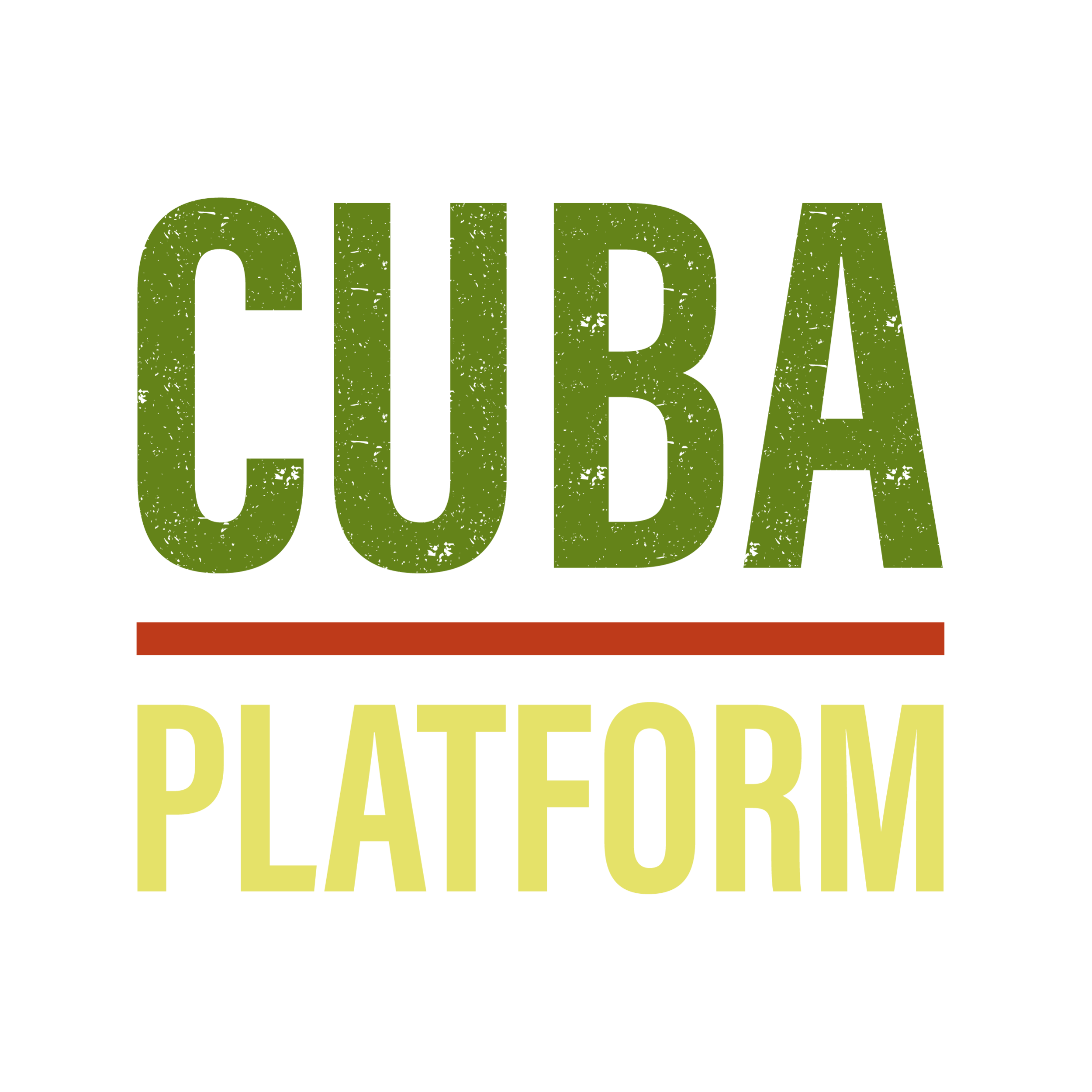Caring in Crisis: Recovery, Challenge and Loss
Photograph taken in Central Havana - now moving into Phase One of Recovery - by Sadiel Medero. Originally published by Periodismodebarrio and ElToque.
July 3, 2020
Dear friends and colleagues,
As of this week, every province in Cuba has begun the post-pandemic “normalization” process. While the country continues to receive international praise for its “textbook handling” of the pandemic, it faces the ongoing challenges of economic recovery, food security and sovereignty, and political hostility from the North. With heavy hearts we must report that this week brings news of the death of an unarmed young Cuban during a conflict with the police, an event that – along with its aftermath – remains shrouded amidst competing narratives. Please continue reading for more details. We wish everyone a safe and healthy weekend.
Take care – Sarah, Justine, Mariakarla
Cuba and COVID-19
Today, Havana joins the rest of the country in phase one of a three-phase process toward a “new normal.” On July 1, the country identified only 5 new confirmed cases; one of them asymptomatic. At Tuesday’s meeting of the COVID-19 prevention and control task force, officials emphasized the importance of expanding community surveys in order maintain containment. According to the task force, three million individuals are already surveyed each day.
Food Sovereignty
This week, the Ministry of Agriculture (MINAGRI) reported that the country will only be able to produce 162,000 of the 700,000 tons of rice needed for the “basic food basket” and other public programs. During this time of scarcity, distribution challenges, and reform, it has also been announced that Villa Clara’s Marta Abeu Central University will take the lead on linking agricultural producers with research support. The Minister of Agriculture has commented that increasing self-sufficiency in local areas will be a key priority going forward, and that the ministry has recently received 5,700 requests for land (a possibility available to all Cubans willing to cultivate it), indicating an upswing in interest in farming.
International Affairs
Cuban President Díaz-Canel sent a letter to the UN Secretary-General last Friday, calling attention to the unjust economic world order and writing: “The moment and common sense demand that the international community set aside political differences and seek joint solutions to global problems through international cooperation.”
Racial Justice?
At the end of last week, it was reported on social media and independent news sources that an unarmed young Afro-Cuban man, Hansel Hernández, was fatally shot by a Cuban police officer in the eastern town of Guanabacoa. While some claimed on social media that he was pursued only because he was not wearing the required facemask, Cuba’s Ministry of the Interior released an official statement indicating that the police had been chasing him for previous crimes, that he was committing an act of vandalism, and indicating that the officer feared for his own life. On Tuesday, police were deployed in Havana to prevent what one media source described as a peaceful protest against violence and racism. Reuters reports that 40 dissidents, artists and journalists were detained. There has been limited information about the organization of the protest (the grassroots groups that Cuba Platform turns to for analysis of race and Afro-Cuban culture have not been linked to it), and much of the commentary and reporting has come from dissident sources (regime change advocates), creating speculation about protesters’ motivation. Our hearts are with the family of the young man who lost their son, nephew, and brother.
About this newsletter: The Caring in Crisis newsletter began March 20 and goes out in both English and Spanish every Friday. You can always return to past issues here. Please drop us a note anytime to let us know what you’d like to see more of and to share updates related to crisis-response, creativity and resilience from your corner of the world. We would love to hear from you.

